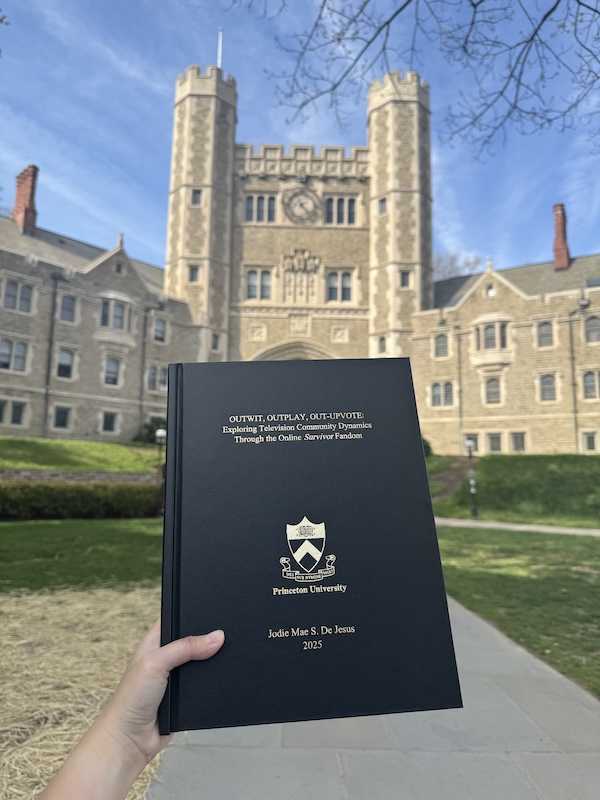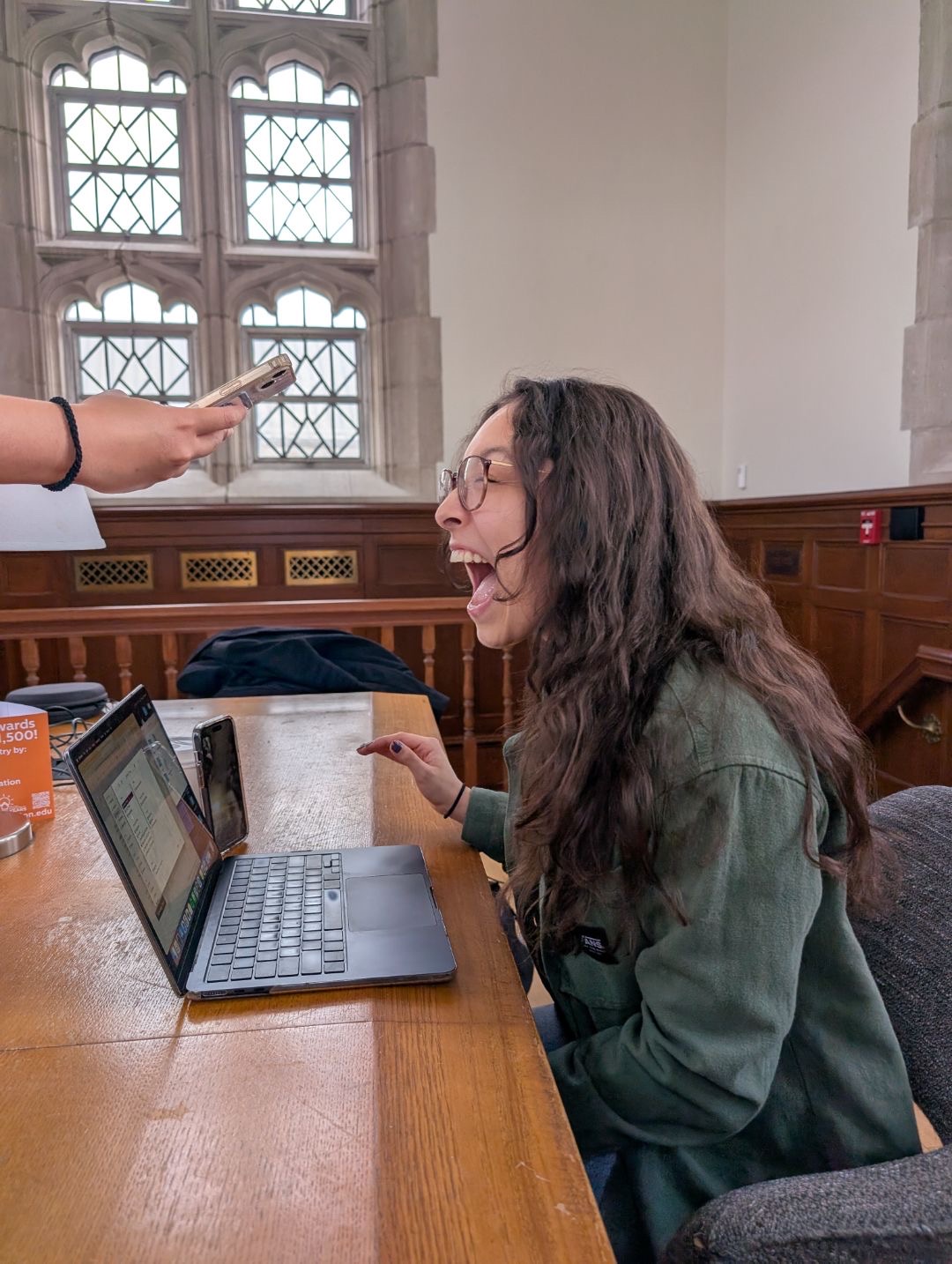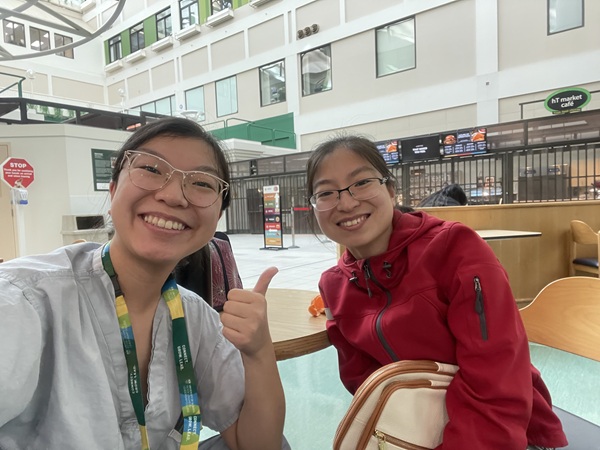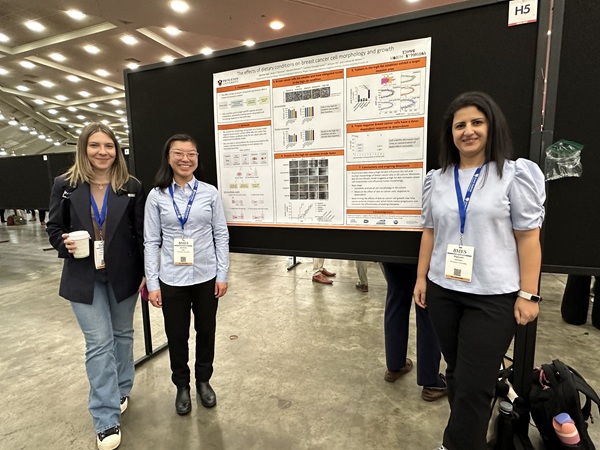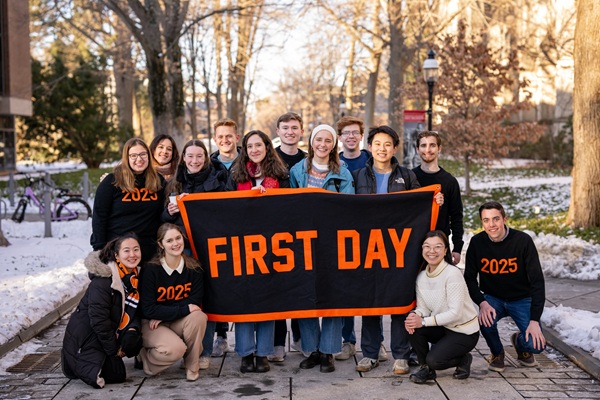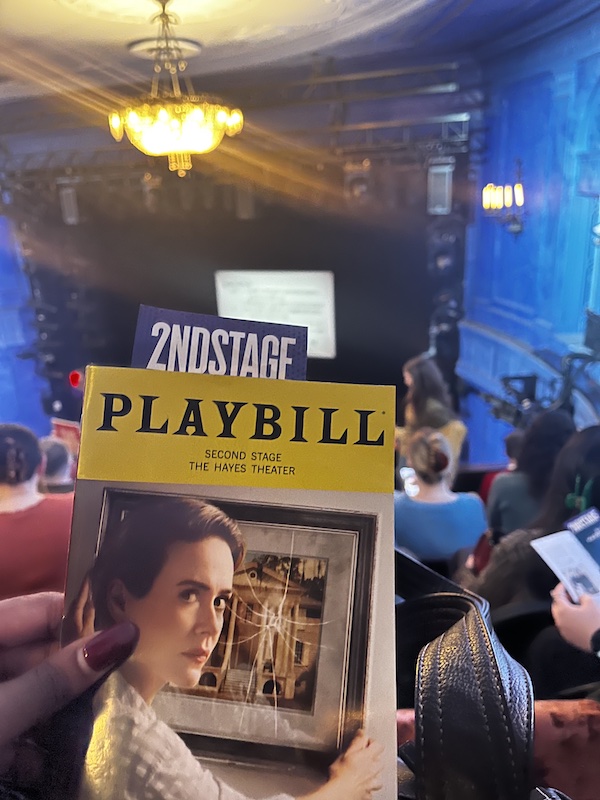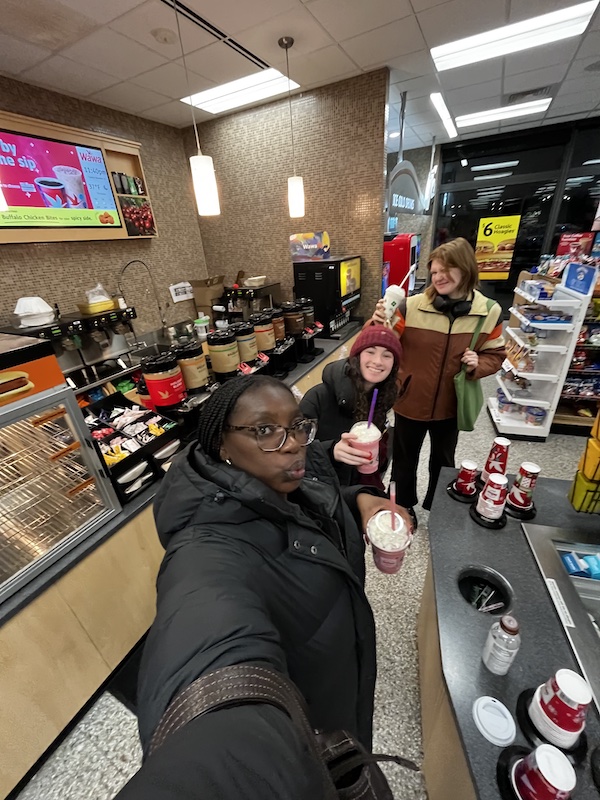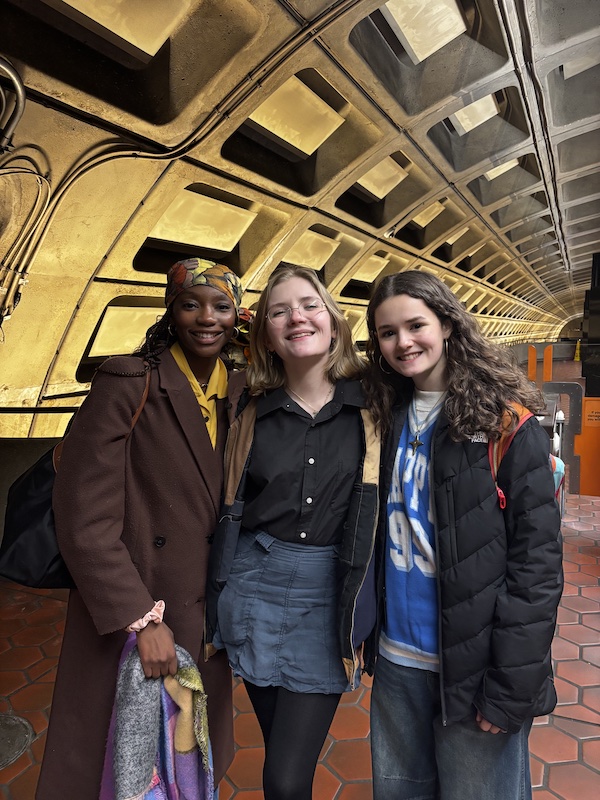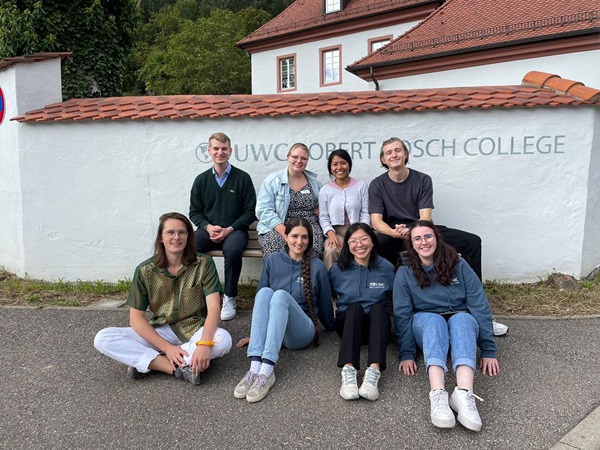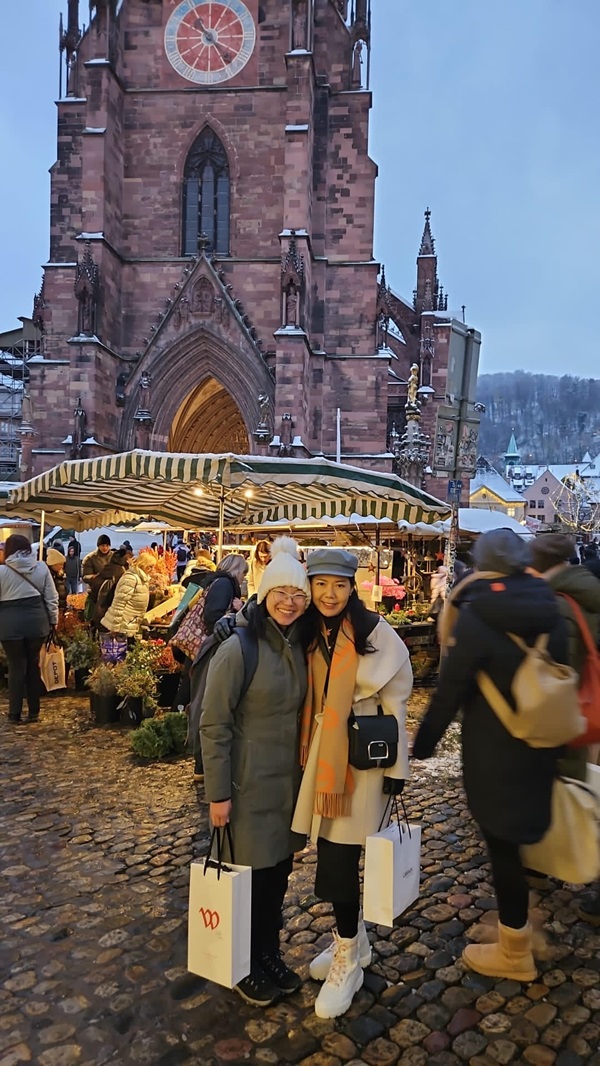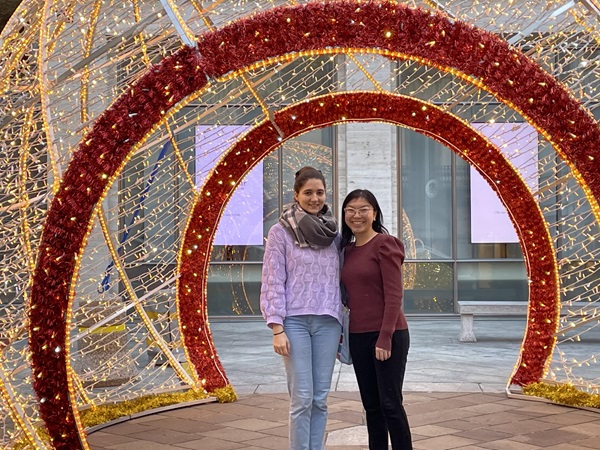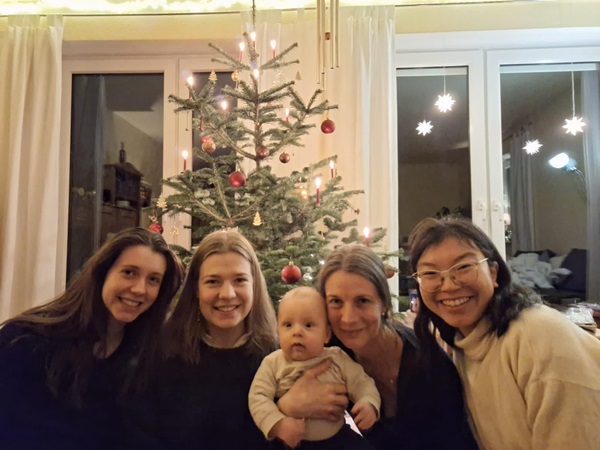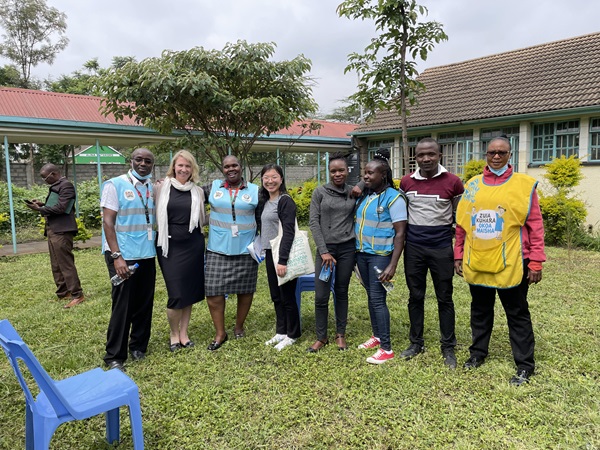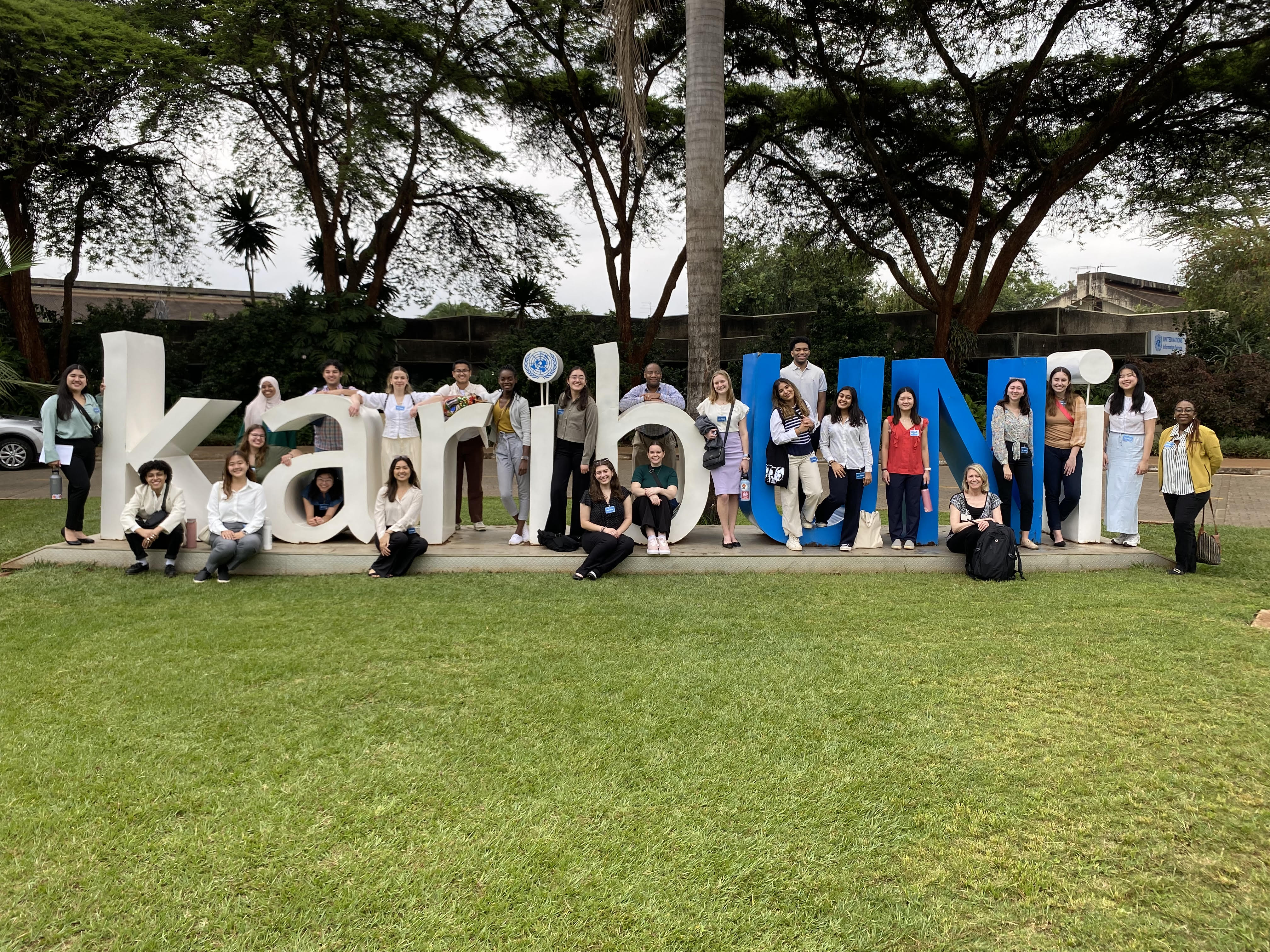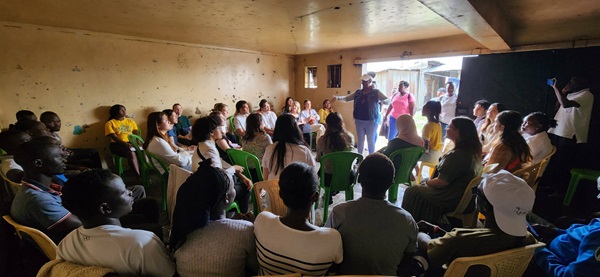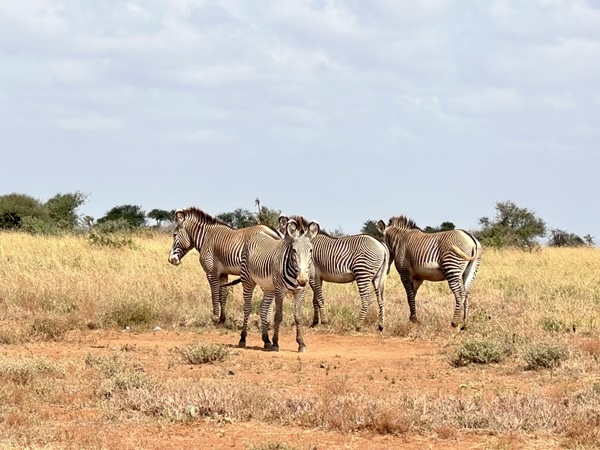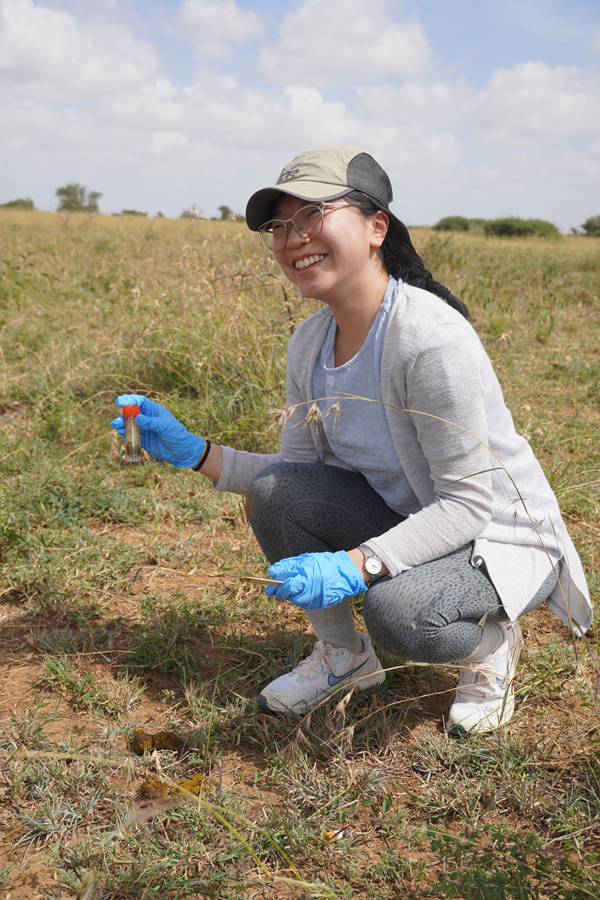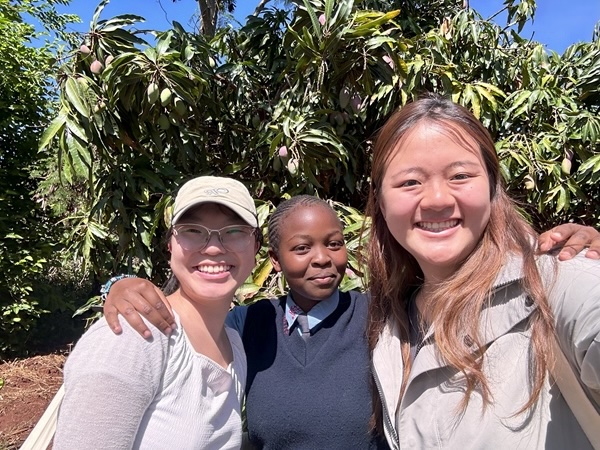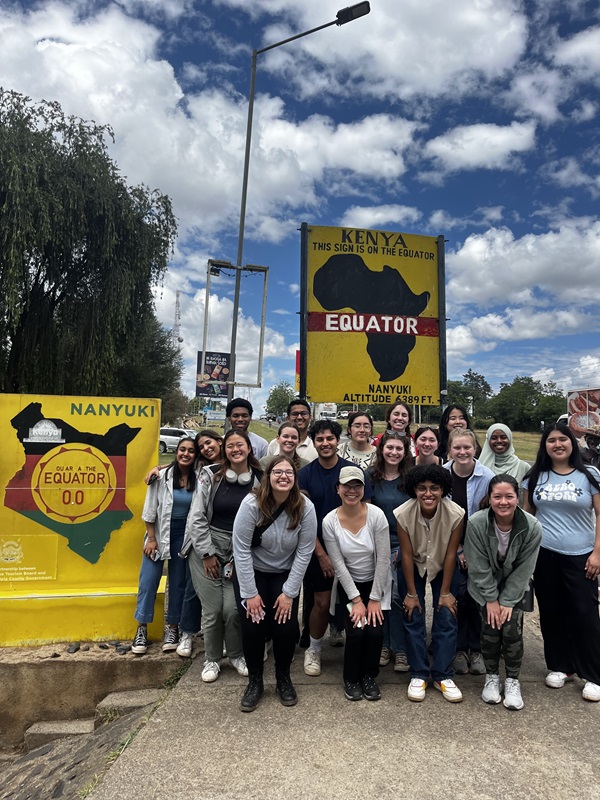Entering Princeton, Writing Seminar, a frosh-year rite of passage commonly referred to as “Writing Sem.,” was one of my biggest fears. I had never heard any student, past or present, say they had fond memories from the seemingly notorious distribution requirement — some alumni even claimed Writing Sem. was the hardest class they took during their four years. Upon being notified of my placement into one of the fall semester cohorts of WRI 161: Friendship, I was, naturally, a little scared, but also a bit relieved because at least I did not have to wait until spring semester to encounter the disastrous storm. Although my expectations were flooded and formed by horror stories, Writing Seminar, out of all my first-year classes, turned out to be one of my favorites, teaching me skills I will unquestionably use for a lifetime.
Before sharing my Writing Seminar experience, I want to spell out some basics of the class. Every Writing Sem. has a distinctive topic, mine being Friendship, but others include Curiosity, Interpreting Illness, and Educational Equities. Each consists of 12 frosh and one professor, whose area(s) of study largely align(s) with the Seminar’s topic, and meets twice a week for one semester, and each class lasts an hour and twenty minutes. There are four major “Assignments” — known as “A1,” “A2,” “A3,” and “A4” — completed throughout the semester, and nearly all follow the same order of steps: 1) Draft, 2) Workshops, and 3) Revision. The first step, Draft, is exactly what it sounds like: you write a draft responding to the prompt of the Assignment, “A2 draft,” for example. The second step, Workshops, is when you and your entire class, over two class periods, collectively read, analyze, and discuss the drafts of four randomly selected classmates, two drafts per class period. You also meet with your professor to review your individual draft, either one-on-one or alongside another classmate. Prior to each class Workshop, you read and mark the two chance-chosen classmates’ drafts, and during the Workshop you offer the duo feedback and suggestions. The last step, Revision, is the grand finale: you take what you learned from Workshops and conversations with your peers and professor to transform your draft into a revised final paper; this revised version is what is graded, not the draft. Structurally, Writing Seminar is a very small and straightforward class.
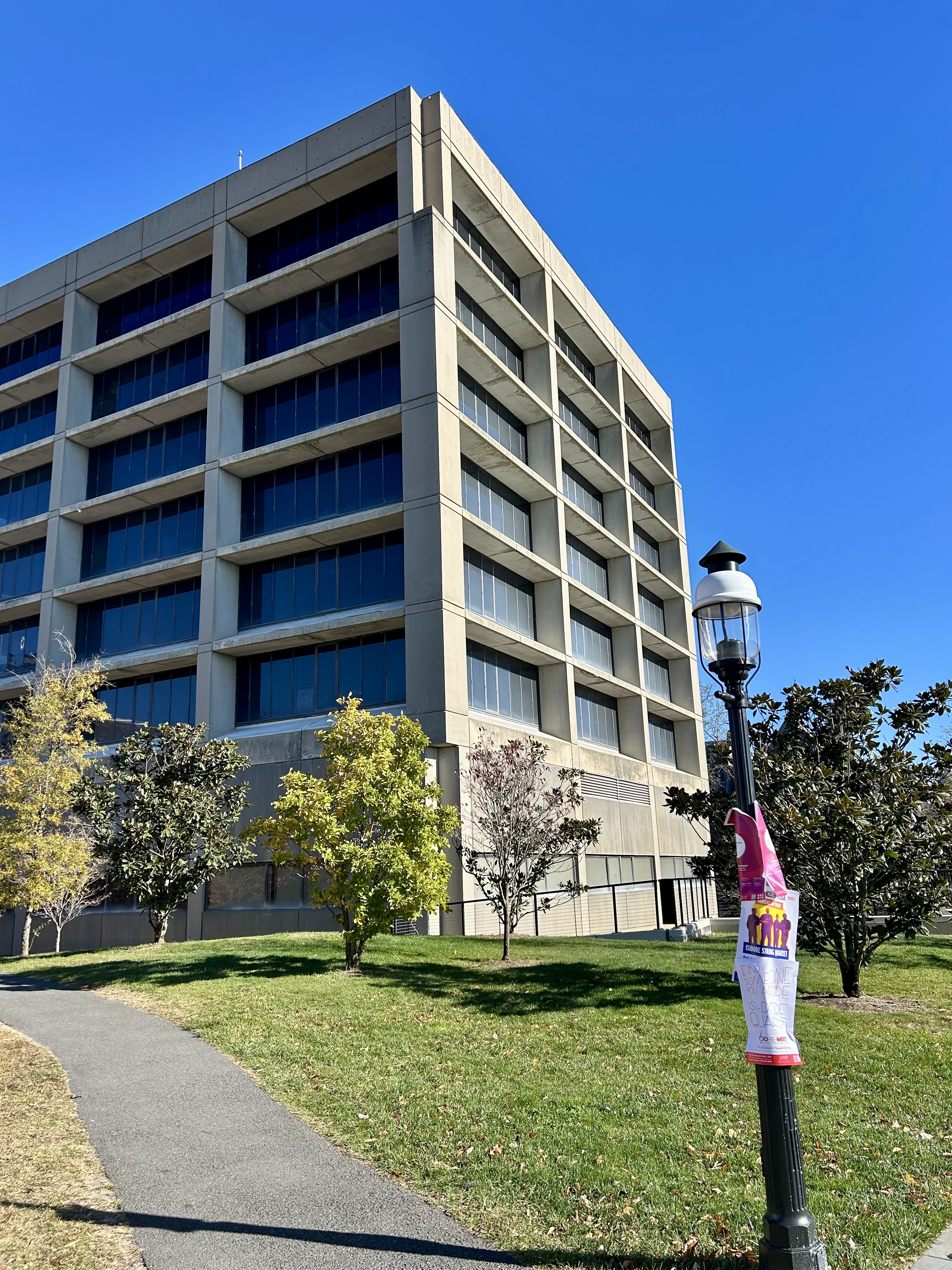
Only a few weeks into Friendship, all my not-so-great Writing Seminar preconceptions were disproved. I quickly realized my classmates were just like I was, trying to navigate all the novelties of college, and my professor wholeheartedly wanted us dozen of frosh to grow and do well. My classmates were not light-years ahead of me, and my professor was not an evil witch who preyed on student suffering. Rather, an unadulterated sense of care and support seemed to pervade every class, helping me feel surrounded by friends in Friendship. As classes progressed, my classmates and I kind of coalesced into this community of thinkers who sought to challenge current ideas and propose new ones. We examined affectionate works of art and heartfelt letters in nineteenth-century friendship albums in Special Collections, questioned the authenticity of a friendship between an A.I. chatbot and a human, debated the views of scholars old and new, engaged in outside-of-class meetings with our professor, and, above all, embraced the power of our voices and the strength of good academic writing. Week by week, Friendship taught us to listen to and express all that our voices had to say, a skill necessary for both the academic world and the real world.
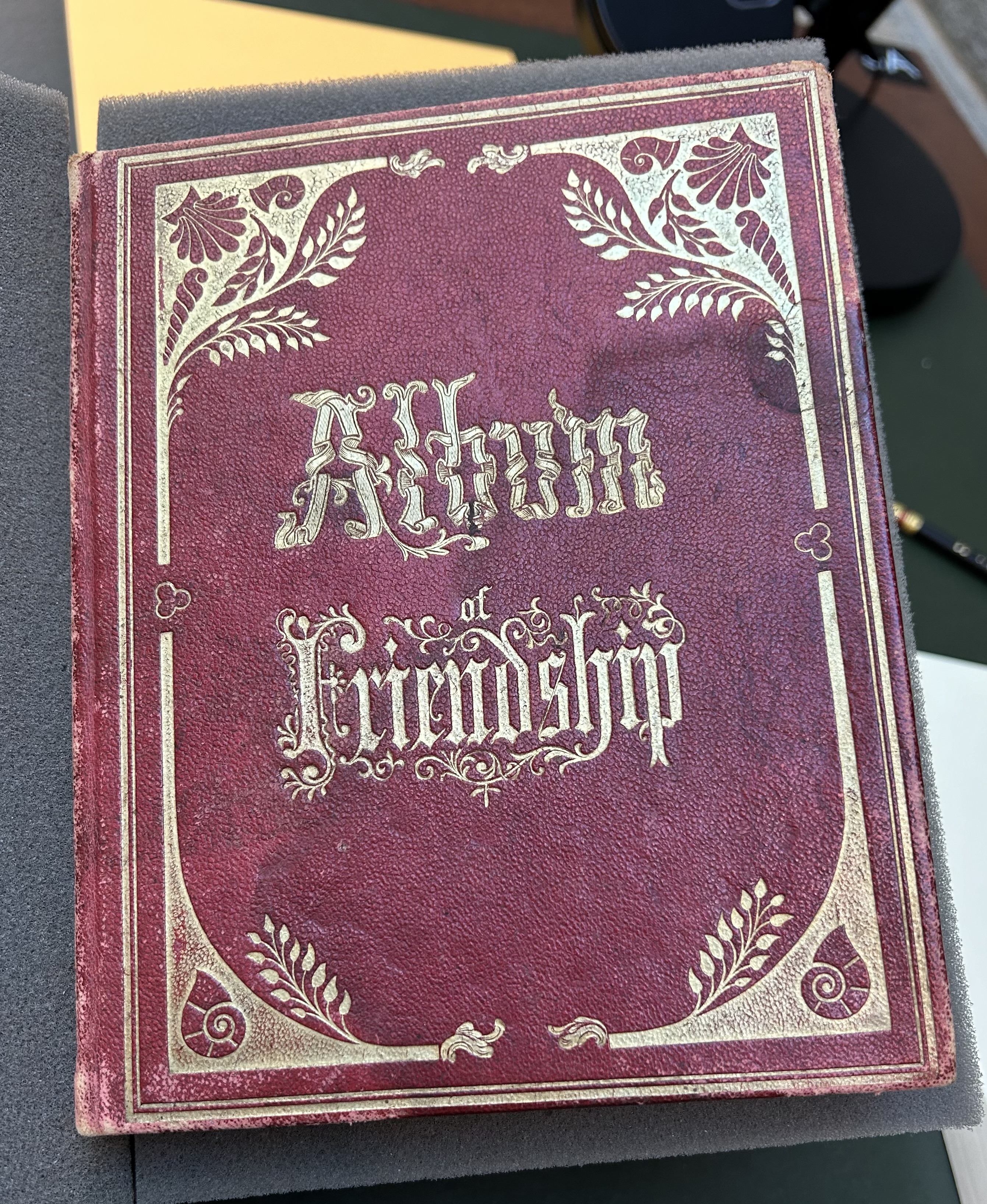
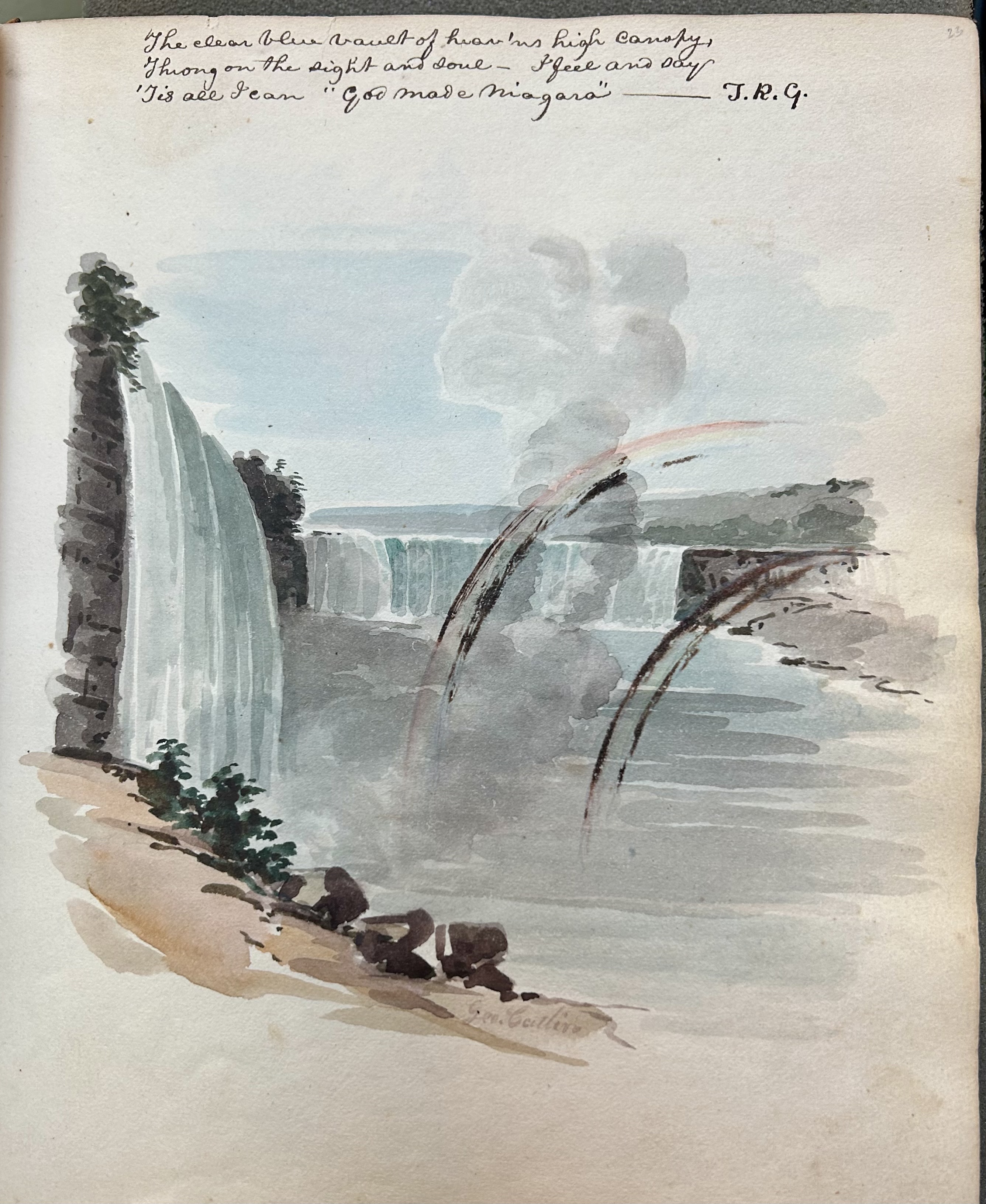
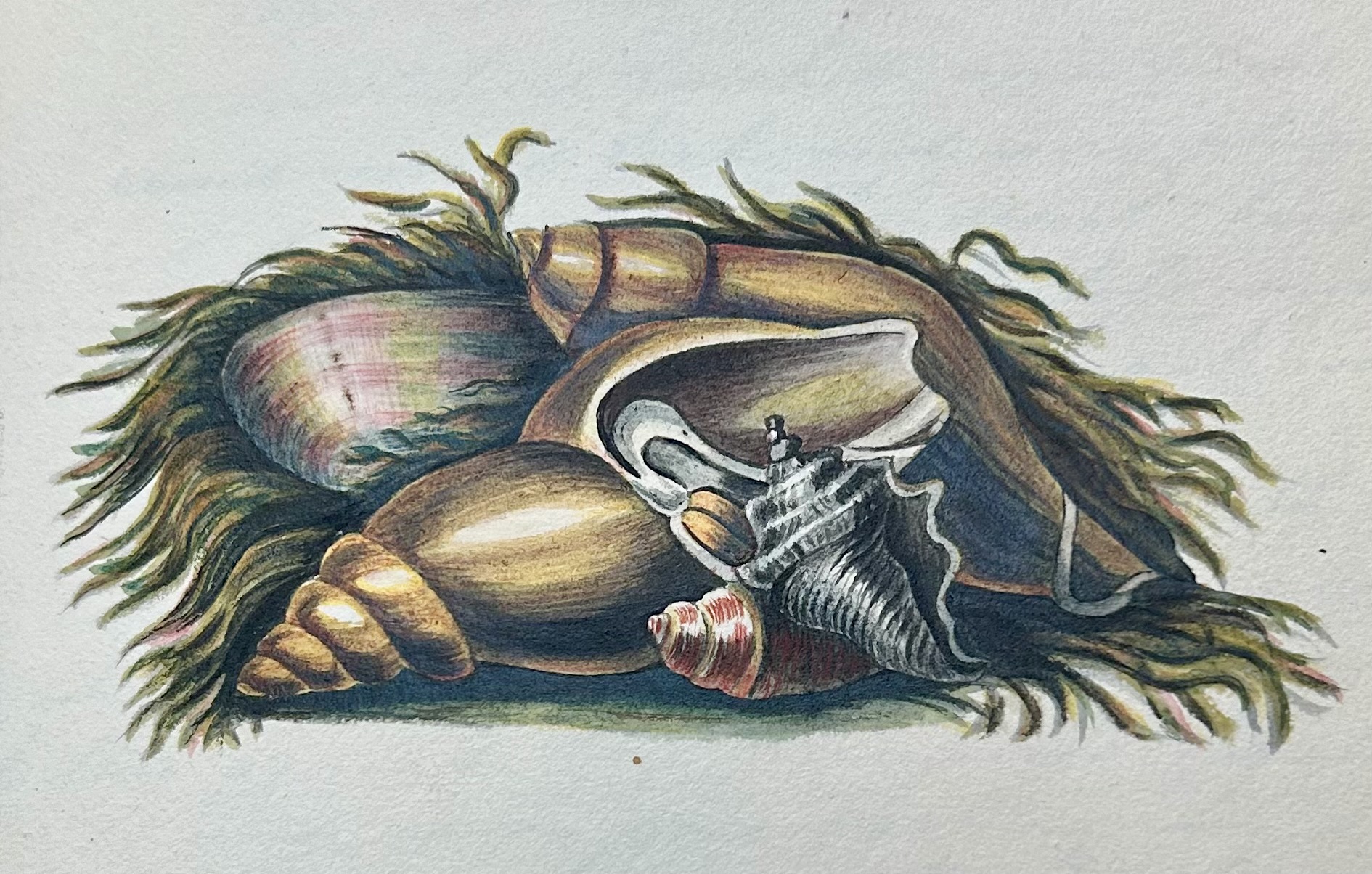
Our voices roared louder than ever as we dove into our fourth Assignment, or A4: The Final Research Paper. Each little aspect of the A4 revolves around you: you decide what you want to investigate, the sources you want to use, and the route you want to take; you are in the driver’s seat. For our A4, we were required to pick a friendship-related concept, representation, or object and then utilize that “con./rep./or obj.” to expound upon an aspect of friendship that puzzled us, and that was all we were given, no sources or anything else. I will not go too in depth on the con./rep./or obj. and aspect I chose in case someone wants to choose the same con./rep./or obj. and/or aspect as I did but I will vaguely say that the main focus of my A4 revolved around the impacts of smartphones on friendship. Finding various sources to support this theme was fun because at least I was exploring an issue in which I was interested, but no doubt strenuous. I scouted the endless shelves of Firestone to retrieve books, assiduously used Google Scholar to pluck high-quality academic articles and papers, and scoured YouTube for reputable videos and documentaries. In doing so, I felt like a scholar. I had formed my own hypothesis and searched for evidence to aid it; by meticulously inspecting my collected evidence, I converted my hypothesis into a cohesive paper. No one was telling me where to go or what to do; I steered the ship — but I always had a “map,” AKA my professor and peers, to turn to if I ever got off course. When I submitted all 13 pages of my revised A4, I was very proud — and also crazy relieved because I was officially done with Writing Sem.! My A4 embodied not only all the progress I had made throughout the semester but also an early chapter in my career of independent work at Princeton and beyond.
Writing Seminar is a unique class. You are put into a room with 11 other frosh and a professor who is supposed to equip you with some of the most imperative tools for service through scholarship. You may absolutely despise your Writing Sem., you may totally relish it, or you may wind up somewhere in the middle. Writing Seminar is not a walk in the park, but I hope my personal experience may give you some hope. If there is anything Friendship taught me, aside from writing and research, it is that helping others, leaning into your voice, contributing as actively as possible, and doing your best are all keys to true growth. You can do it!
*If you want to learn more about Writing Sem., please take a look at Ava’s blog "Braving the Beast of First-Year Writing Seminar" — it is amazing!*







